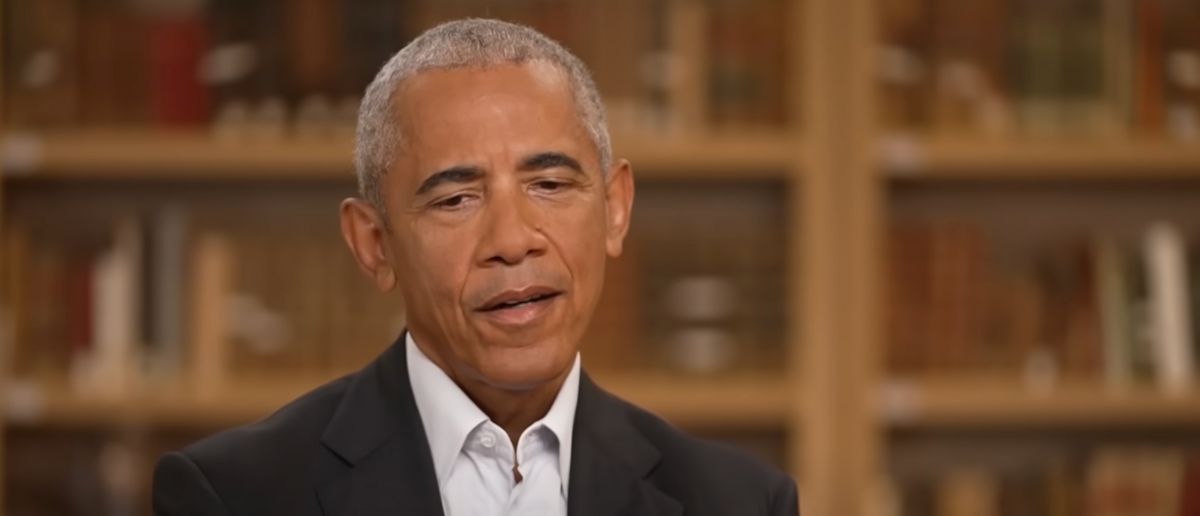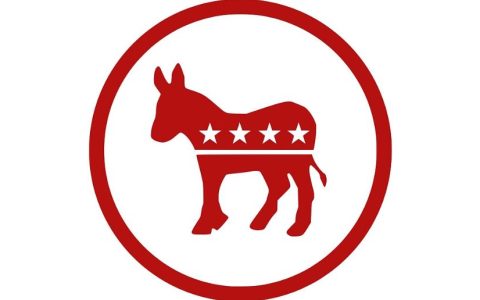
The day of reckoning has come. The Democrats are now quitting.
And the Democrat Party just admitted Trump was right all along in this stunning confession.
The entire political commentary world has been discussing and debating just how bad of a shape the Democrat Party is currently in after the blowout Republican wins from Tuesday, November 5th. Some are saying that this is just how politics goes, it ebbs and flows. Others are calling for more drastic soul-searching on the part of the Democrats.
There doesn’t seem to be a consensus agreement from the Democrats just yet, but there’s some signs that they are looking to throw in the towel and completely revamp their entire party. The purpose would be to actually connect with Americans once more, instead of just doubling down on extremist agendas and pretending like they aren’t extreme.
One top Democrat strategist had a “come to Jesus” moment on CNN where she talked about how she truly believes the Democrat Party is no longer a “common sense party.” That choice of words is interesting considering Donald Trump declared the Republican Party to be the Party of common-sense on the campaign trail.
Democratic Strategist Julie Roginsky Criticizes Party’s Communication Failures and Disconnect with Voters
Democratic strategist Julie Roginsky has sharply criticized her own party for its failure to connect with voters, arguing that the root cause lies in the party’s poor communication strategy rather than the leadership of prominent figures like President Joe Biden, Vice President Kamala Harris, or former President Barack Obama.
In an appearance on CNN on Thursday, Roginsky explained that the Democratic Party’s struggles stem from a broader issue of communication, which she believes has alienated voters. She argued that the party has abandoned “common sense” and is too focused on politically correct language and virtue signaling, which has led to a disconnect with the electorate.
“We are not the party of common sense, which is what the message that voters sent to us for a number of reasons,” Roginsky said. “For a number of reasons, we don’t know how to speak to voters. When we address Latina and language — listen — language has meaning.”
A key example of this, Roginsky suggested, is the use of terms like “Latinx” to address Latino voters. She argued that such terms, while intended to be inclusive, often miss the mark and fail to resonate with the intended audience. “When we address Latino voters as Latinx, for instance, because that’s the politically correct thing to do, it makes them think that we don’t even live on the same planet as they do,” Roginsky explained.
Roginsky also took aim at the Democratic Party’s handling of campus protests and issues among younger voters. She criticized the party’s reluctance to confront disruptive behavior, such as the actions of students at elite universities, for fear of appearing out of touch. “When we are too afraid to say that, ‘Hey, college kids, if you’re trashing a campus at Columbia University because you aren’t happy about some sort of policy and you’re taking over a university and you’re trashing it and preventing other students from learning,'” she added.
Furthering her critique, Roginsky said the party has become too reliant on focus groups to shape its messaging, often emphasizing specialized appeals instead of addressing the broader, more straightforward issues that concern everyday voters. She called for a return to simple, direct language that resonates with the electorate at large.
“We need to get back to being the party of common sense,” Roginsky said. “That people look at us and say, we understand you, we appreciate what you say because you speak our language. And until we do that, we should stop blaming other people for our own mistakes.”
In contrast, Democratic New York Rep. Alexandria Ocasio-Cortez offered a different perspective on the party’s challenges, particularly in relation to Vice President Kamala Harris’s political struggles. Ocasio-Cortez suggested that s*xist attitudes among voters played a significant role in Harris’s difficulties, and argued that focusing solely on Harris’s performance overlooks the larger, systemic issues within both the Democratic Party and the nation as a whole.
The two responses to the devastating Harris loss could not be more different. The responses are so different, some within the Democrat Party are discussing the possibility of a Party split over this bad loss. This would make sense for a ton of reasons.
Believe it or not, there’s a growing voice within the Democrat Party that wants to desperately abandon the gender ideology agenda items, the blatant socialism and anti-free market agenda items, as well as the big government war-mongering.
If the establishment elites at top of the Democrat Party don’t signal any significant change, it would be no surprise if there’s more and more talk about a Party split imminent over the next few years. As we know from American history, political parties don’t last forever. We may be watching the beginning of the end of a major party right now.
Stay tuned to the DC Daily Journal.





